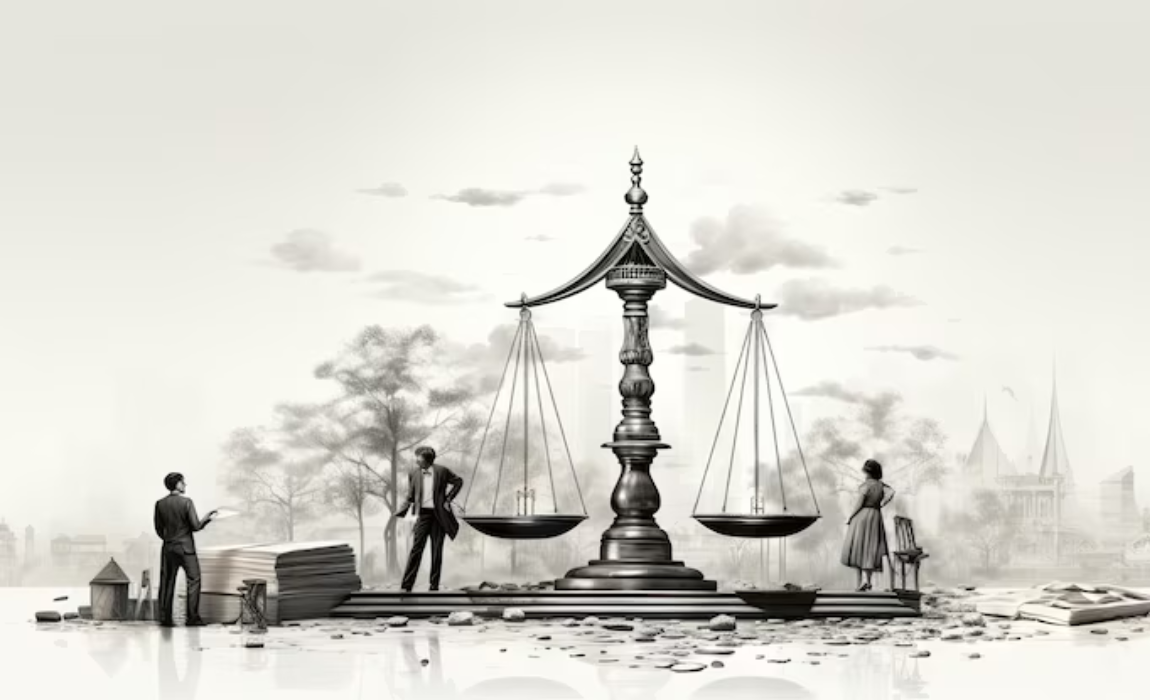
Critically examine the legal and constitutional implications of conducting a caste-based census in India with reference of social justice and federalism.
In recent years, the demand for a caste-based census in India has re-emerged as a powerful political and social debate, stirring both support and skepticism. The question is not merely administrative or logistical—it is deeply rooted in the constitutional ideals of social justice, equality, and federalism. As India grapples with the complexities of representation and resource allocation, it is crucial to examine the legal and constitutional ramifications of conducting such a census.
At the heart of the debate lies the issue of social justice. The Indian Constitution, through Articles 15(4), 16(4), and 46, mandates the state to take special measures for the advancement of socially and educationally backward classes. However, in the absence of updated empirical data on caste, these provisions often operate in a
vacuum. The last time caste data was collected in a full-fledged manner was during the 1931 census under colonial rule. While the Socio
Economic and Caste Census (SECC) of 2011 attempted to capture this data, it was marred by inaccuracies, and the data was never officially released.
Without credible caste data, it becomes difficult to assess the actual needs of backward communities or review the efficacy of affirmative action policies. This leads to a paradox where policies meant for equity are implemented without precise knowledge of their beneficiaries. A caste census, therefore, could serve as a corrective measure—bringing transparency, recalibrating quotas based on population, and ensuring that historically marginalized communities are not left behind.
However, such a census also raises critical constitutional and legal questions. Article 14 of the Constitution guarantees equality before the law. If a caste census is conducted and used as the basis for redistributing resources or increasing reservations, it must not lead to reverse discrimination or breach the 50% cap on reservations laid down in Indra Sawhney v. Union of India (1992), unless extraordinary grounds are established. The Supreme Court’s decision in Jaishri Laxmanrao Patil v. Chief Minister, Maharashtra (2021), striking down the Maratha quota law, reaffirmed the importance of empirical data but also emphasized constitutional limits.
From a federalism standpoint, the issue becomes even more intricate. Census is a Union subject under Entry 69 of the Union List in the Seventh Schedule of the Constitution. While states like Bihar and Odisha have undertaken their own caste surveys, these exercises are not constitutionally recognized as official censuses. This has sparked a new tension between the Centre and states, as regional parties push for a caste census to bolster demands for more equitable resource distribution and representation.
The asymmetry between the Centre’s control over census and states’ responsibilities towards welfare creates a friction point in India’s federal structure. When states argue that they need caste data to frame effective welfare policies, and the Centre resists citing operational
difficulties or political sensitivities, it exposes a gap in cooperative federalism. If not addressed sensitively, this tension could escalate into a constitutional standoff.
Moreover, there are genuine concerns regarding the politicization and misuse of caste data. While the intent of a caste census may be to ensure justice, its execution could deepen caste identities and lead to vote-bank politics. If not managed with constitutional safeguards and transparency, the data could fuel social divisions rather than remedy them.
In conclusion, the demand for a caste-based census must be seen through a balanced constitutional lens. It can be a powerful tool for realizing social justice, provided it is backed by credible methodology, legal safeguards, and a commitment to constitutional morality. At the same time, the Centre and states must work collaboratively, respecting the federal structure, to ensure that such an exercise strengthens unity in diversity rather than exacerbates social fault lines. India’s pursuit of equity must be data-driven, but also constitutionally sound.
